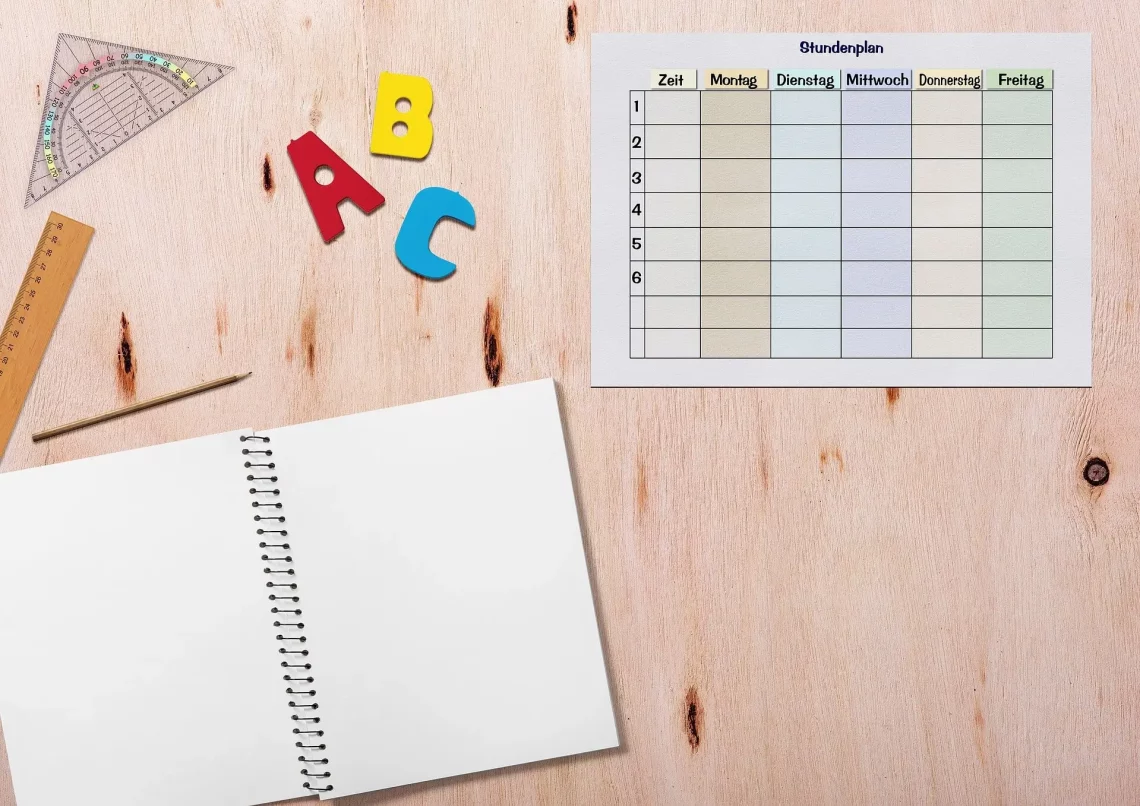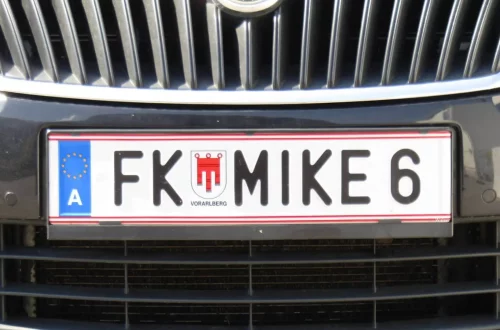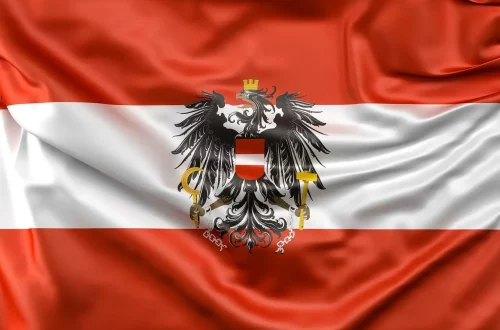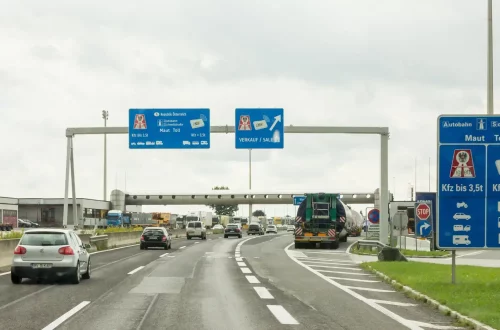
Primary School Enrollment in Austria (Elementary School, Lower Grades)
Families arriving in Austria not only need to take care of moving-related tasks and administrative matters but also enrolling their children in school. In this article, we will share information based on our personal experiences that may be useful to you if you are coming to the country with children aged 6-10.
What is Volksschule – Austrian School System
The Austrian school system differs significantly from the one in Hungary or other countries. In Austria, children also need to attend kindergarten before starting their studies. Kindergarten welcomes children from the age of 3, but kindergarten attendance becomes mandatory in the year when the child turns five before September 1st. This means that every child is required to spend one year in kindergarten before starting school.
Volksschule is a completely unfamiliar school type for those raised in the Hungarian or other education system. If we were to draw a comparison, it corresponds to the lower grades of the Austrian elementary school. In Volksschule, children study for 4 years, roughly between the ages of 6 and 10, immediately after completing Kindergarten, or preschool.
Austria School Enrollment – Volksschule
When we decided to move to Austria, there was no urgent reason that would have prompted us to take immediate action, so we planned everything carefully, including the timing. We scheduled our departure for the end of the Hungarian school year, around mid-June. This was extremely convenient for the child, as they had time to say goodbye to their classmates, teachers, and participate in the year-end ceremony.
After determining where we wanted to live within Austria, we selected the city that appealed to us and contacted the local Volksschule leadership via email. At that time, the school year in Austria was still in full swing, and due to the longer winter break, children attend school until mid-July.
In the first letter, we received information from the director that our son would be placed in a grade appropriate for his age. For children whose native language is not German, participation in a MIKA-D test is mandatory, and based on the results, they will receive targeted language support at the school.
For enrollment, you’ll need a Meldezettel (address registration), the child’s birth certificate, of which a copy is sufficient, and the Sozialversicherungsnummer, or health insurance (TAJ) number. Our child did not yet have this number in the middle of the move, and we were waiting for confirmation from the Austrian insurance provider, so the school only requested the already available information. We supplemented the number later, before the start of the school year.
Among the documents was also the enrollment form for the Ganztagesschule (GTS), the after-school program. In our little boy’s school, classes end no later than 12:30, after which children can go home or stay in the GTS until 5 PM.
At GTS, children receive lunch and a snack, have one hour of study time, and can then play freely. The snack is always some type of fruit, and healthy nutrition is also evident in the meal composition. Unlike our Hungarian experiences, the Austrian after-school program is extremely well-equipped, with a gym and plenty of games and creative tools awaiting the children. When the weather is good, the educators try to provide outdoor play activities for the students.
When enrolling in Volksschule, we also had to fill out a form regarding the child’s health, in which we had to inform the school about all chronic illnesses, allergies, and medications taken regularly. In addition, we could also declare the religion, which was only relevant from the perspective of religious education, which the Volksschule also offers to students.
Things to Consider in Hungary Before Starting Studies Abroad
We had another task of sending a certificate to our child’s previous Hungarian school. In this document, the local Volksschule indicated that our son will continue his school studies with them starting in September.
Important! Due to legal changes taking effect in Hungary from January 1, 2020, for every child of preschool or school age moving abroad, the parent must also inform the Educational Authority. We successfully completed this through the Customer Gateway in just a few minutes.
Enrollment in the Volksschule was quite simple, practically everything happened via email. The child had positive experiences with the first days, and in the daycare and DAZ, German as a foreign language classes, he could meet several of his Hungarian classmates who helped him integrate.
In Austria, foreign students whose native language is not German, as mentioned above, receive supplementary German language instruction. These DAZ classes are integrated into the curriculum and the children’s schedules. The lessons are taught by a native German-speaking teacher, and there is no opportunity to teach each student in their own language, nor is this necessary.




